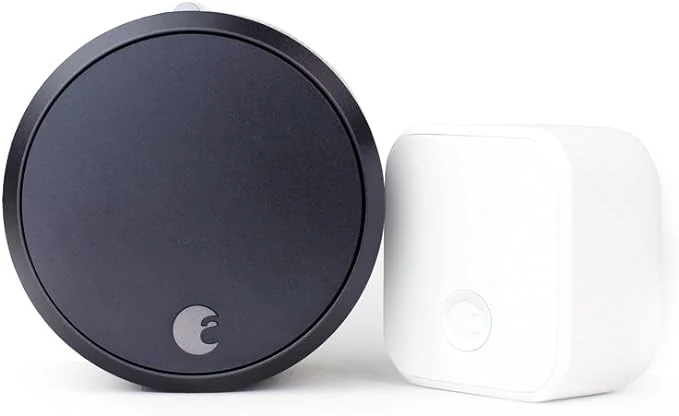A smart home allows to control Devices like smart thermostats, lighting systems, locks, appliances, entertainment systems and many other devices remotely using a smartphone, voice control or tablet through an internet connection, to improve efficiency, comfort, security etc..
The smart home technology, needs to centralize technology at home, to create one control for many devices. Within the smart home, and many connectivity technologies (protocols) can be currently used in a connected home.
Smart home control
Smart home devices can be controlled using various methods, depending on the specific device and the user’s preference. Here are some common ways to control smart home devices
App – application
A smart home app, sometimes referred to as a home automation app. Most smart home devices can be controlled through dedicated apps that are available for download on smartphones and tablets. Users can use these apps to turn devices on and off, adjust settings, and monitor usage etc.
Voice commands
Many smart home devices can be controlled using voice commands through virtual assistants like Google Home, Siri and Alexa. Users can simply say a commands to control their devices.
Smart home hubs can be used to connect and control multiple smart home devices from a single location. Users can use these hubs to create customized routines and automations based on their preferences.
What are the benefits of a Smart home?
The creation of a comprehensive home ecosystem through the integration of smart devices has many benefits. It enables users to enjoy a more personalised and convenient living experience by automating routine tasks and providing intelligent recommendations based on their preferences. Also, it helps to save energy and reduce costs by optimising the use of resources such as lighting, heating, and cooling. In addition, it enhances security by providing advanced monitoring and alerting capabilities that can lead to improved efficiency and cost savings over time.
Smart homes offer many benefits that can lead to improved efficiency and cost savings over time.
Energy Consumption: Smart homes can help reduce energy consumption by automatically turning off lights, and appliances when not in use, smart thermostats can also adjust the temperature based on occupancy and preferences, which can lead to significant energy savings.
Water Conservation: Smart irrigation systems can adjust watering schedules based on weather conditions and soil moisture levels, which can save a significant amount of water. Smart showerheads can also help conserve water by providing precise temperature control and timed showers.
Waste Reduction: Smart waste management systems can optimize waste collection schedules based on the amount of waste generated, reducing the number of unnecessary collections and associated costs.
Maintenance: Smart home technology can help detect issues with appliances and systems before they become major problems, allowing for timely repairs and reducing maintenance costs.
Environmental benefits: In terms of environmental benefits, smart homes can significantly reduce carbon footprint through the use of renewable energy sources such as solar panels and wind turbines.
Additionally, smart homes can optimise energy usage by adjusting lighting, temperature, and appliance usage based on occupancy and preferences.











